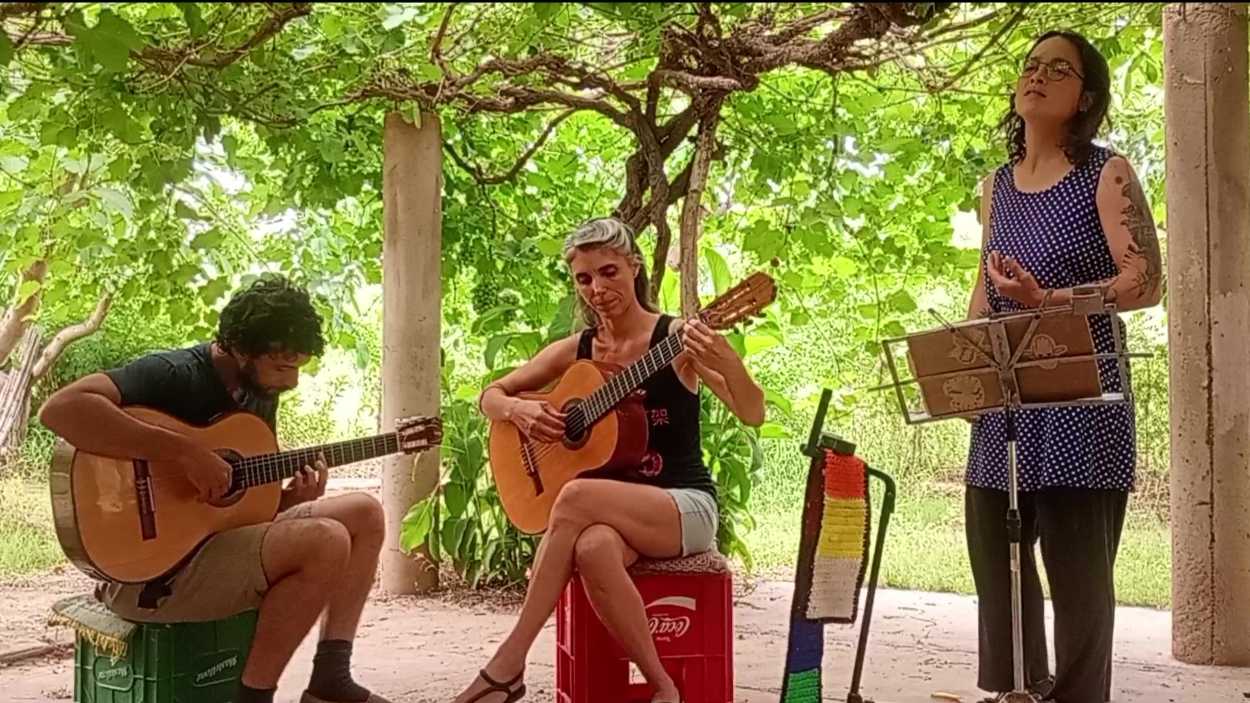Summary: Fall AQ Launch and Discussion with 2013 Cabot Award Winners
Summary: Fall AQ Launch and Discussion with 2013 Cabot Award Winners
Panelists discussed the impact of crime and violence, media concentration, and repressive laws and regulations on journalists in the Americas.
Speakers:
- Josh Friedman, Director, Maria Moors Cabot Prizes
- Carlos Lauría, Senior Americas Program Coordinator, Committee to Protect Journalists
Panelists:
- Jon Lee Anderson, Staff Writer, The New Yorker, 2013 Cabot Award Winner
- Santiago A. Canton, Director, Robert F. Kennedy Partners for Human Rights
- Donna DeCesare, Documentary Photographer and Freelance Writer, 2013 Cabot Award Winner
- Mauri König, Special Reporter, Gazeta do Povo, Curitiba, 2013 Cabot Award Winner
- Christopher Sabatini, Senior Policy Director, AS/COA and Editor-in-Chief, Americas Quarterly (moderator)
Summary
On October 23, AS/COA launched the Fall 2013 issue of Americas Quarterly on freedom of expression in the Americas. A number of leading journalists participated in the event, including this year’s gold medal recipients of the 75th Annual Maria Moors Cabot Prizes for their excellence in journalism in Latin America and the Caribbean. The panelists discussed the impact of crime and violence, the challenge of media concentration, and the increasingly repressive laws and regulations to control media and censor journalists.
The Impact of Violence and Impunity on Reporting
Journalists across the Americas face increasing threats of violence, complicating both their ability to inform the public on important issues and endangering their personal safety. In his AQ article “Journalism in Post-Coup Honduras,” Senior Americas Program Coordinator at the Committee to Protect Journalists Carlos Lauría highlights the efforts of journalists in one of the hemisphere’s most violent countries. The greatest threats to journalism throughout the region, he said, are the frequent murders and disappearances of journalists that are often met with impunity. These factors coalesce to create what Lauría deems a “climate of terror,” in which many journalists constantly fear for their own lives and receive little to no protection on the job.
Mauri König, an investigative journalist from Brazil and recipient of the 2013 Maria Moors Cabot prize, echoed Lauría’s concerns and spoke about the effects of impunity and institutional weaknesses in Brazil. According to König, justice for reporters is scarce and the country’s law enforcement agencies only bring formal charges against one out of every 10 homicide suspects. Attacks occur even when journalists are off duty, which presents a bigger challenge. During his coverage of police corruption in his home state of Paraná this year, König and his family received repeated death threats and he was eventually forced to flee the country for several months.
The Challenges of Media and Defamation Laws
König discussed the effects of desacato, criminal defamation laws, on journalists reporting on public officials. In an emblematic case four years ago, a magistrate prohibited the leading Brazilian newspaper Estado de São Paulo from reporting on the private business endeavors of José Sarney Filho, the son of senator and former Brazilian President José Sarney. Similarly, König faced challenges while uncovering police corruption in 2012. Gazeta do Povo, his employer, was ordered by a judge to temporarily remove a video from its website of a high-ranking police officer engaging in illegal activities.
Santiago A. Canton, former special rapporteur for freedom of expression to the Inter-American Commission on Human Rights (IACHR), also highlighted the impact of defamation laws. In his AQ article “Protecting Truth from Power,” Canton explains that the measures have often been used to imprison journalists and silence them in their attempts to expose corruption. As a result of his efforts, the IACHR has made the repeal of descato laws a priority and successful efforts have reduced or fully repealed the measures in numerous countries in the region.
Advancing Press Freedoms
Jon Lee Anderson, a staff writer for the New Yorker and a recipient of the 2013 Maria Moors Cabot prize, discussed the beginnings of free expression in Cuba. Detailed in his New Yorker article, “Private Eyes: A Crime Novelist Navigates Cuba’s Shifting Reality,” Lee Anderson said a recent proclamation by Cuban President Raúl Castro likely signals the beginning of a gradual reform process that may eventually allow the press some flexibility. Nevertheless, he highlighted the challenges that remain for free expression in Cuba, where Internet access remains limited and the work of dissident writers like Yaoni Sánchez often fails to cross over from the virtual to the public sphere.
Donna DeCesare, documentary photographer and a recipient of the 2013 Maria Moors Cabot prize, spoke of the importance of photojournalism in addressing the effects of violence and human rights violations. Most recently, her work has focused on transnational criminal organizations in Honduras. In her 2013 book Unsettled / Desasosiego, DeCesare makes an effort to humanize the lives of gang members and their families. She spoke of the need to focus “more on the overall fabric of society and the overall context, rather than just on the actors and on the crimes they may commit,” noting that doing so enables policymakers to address the issues more effectively.








